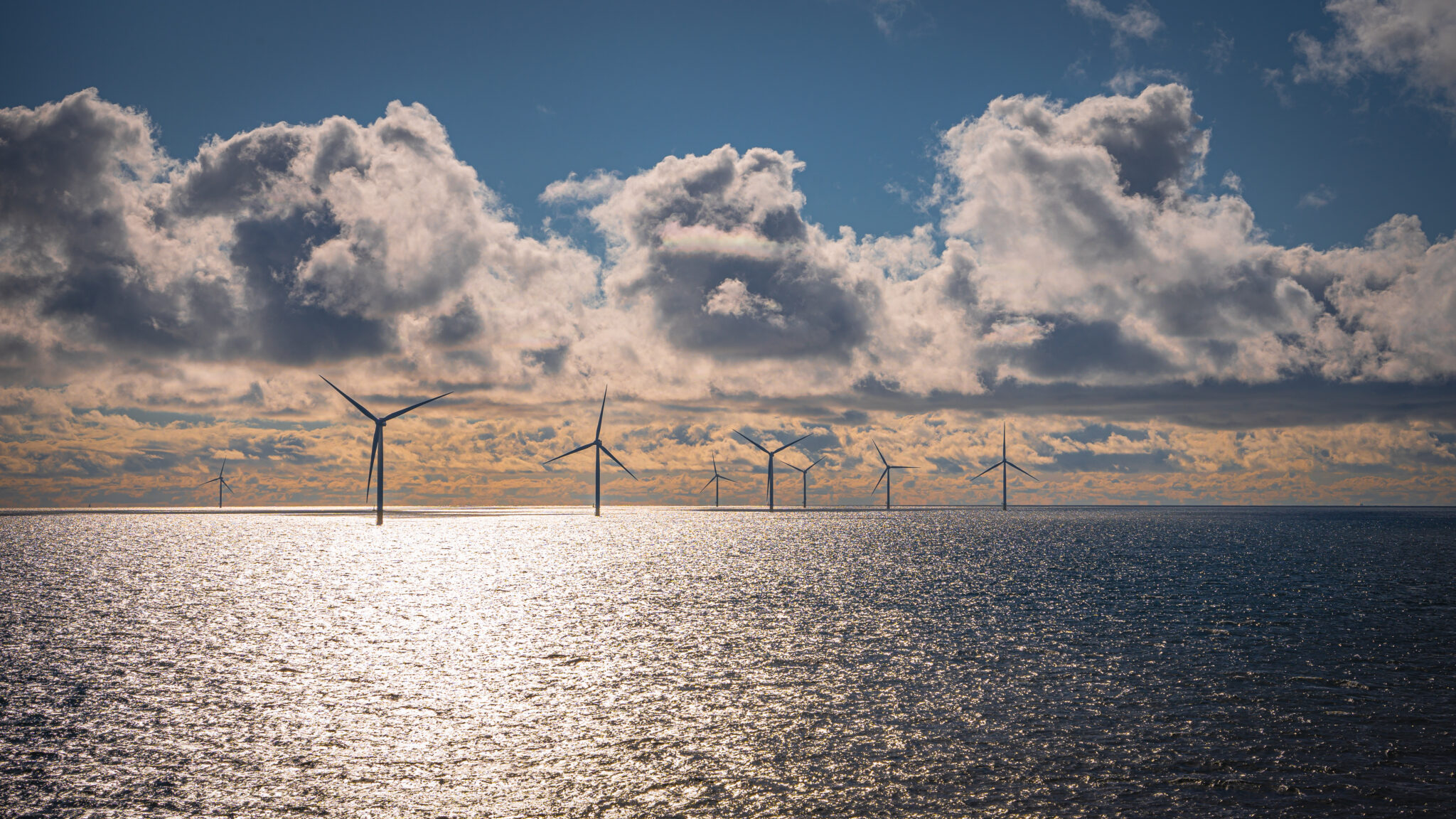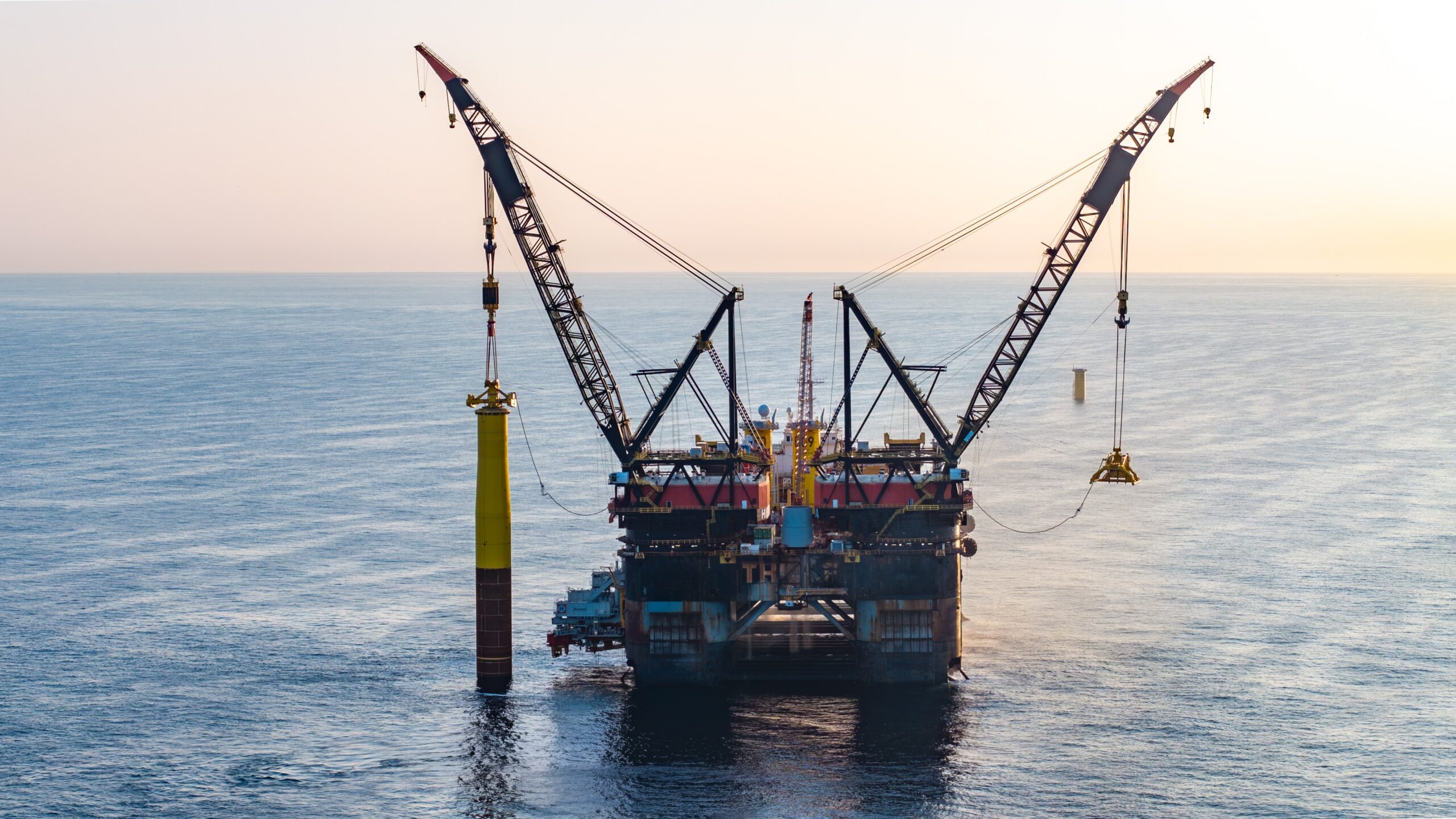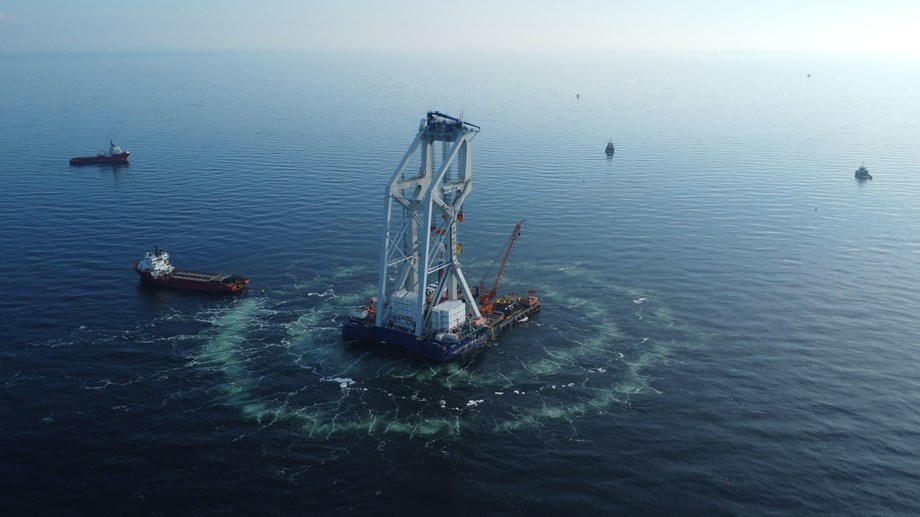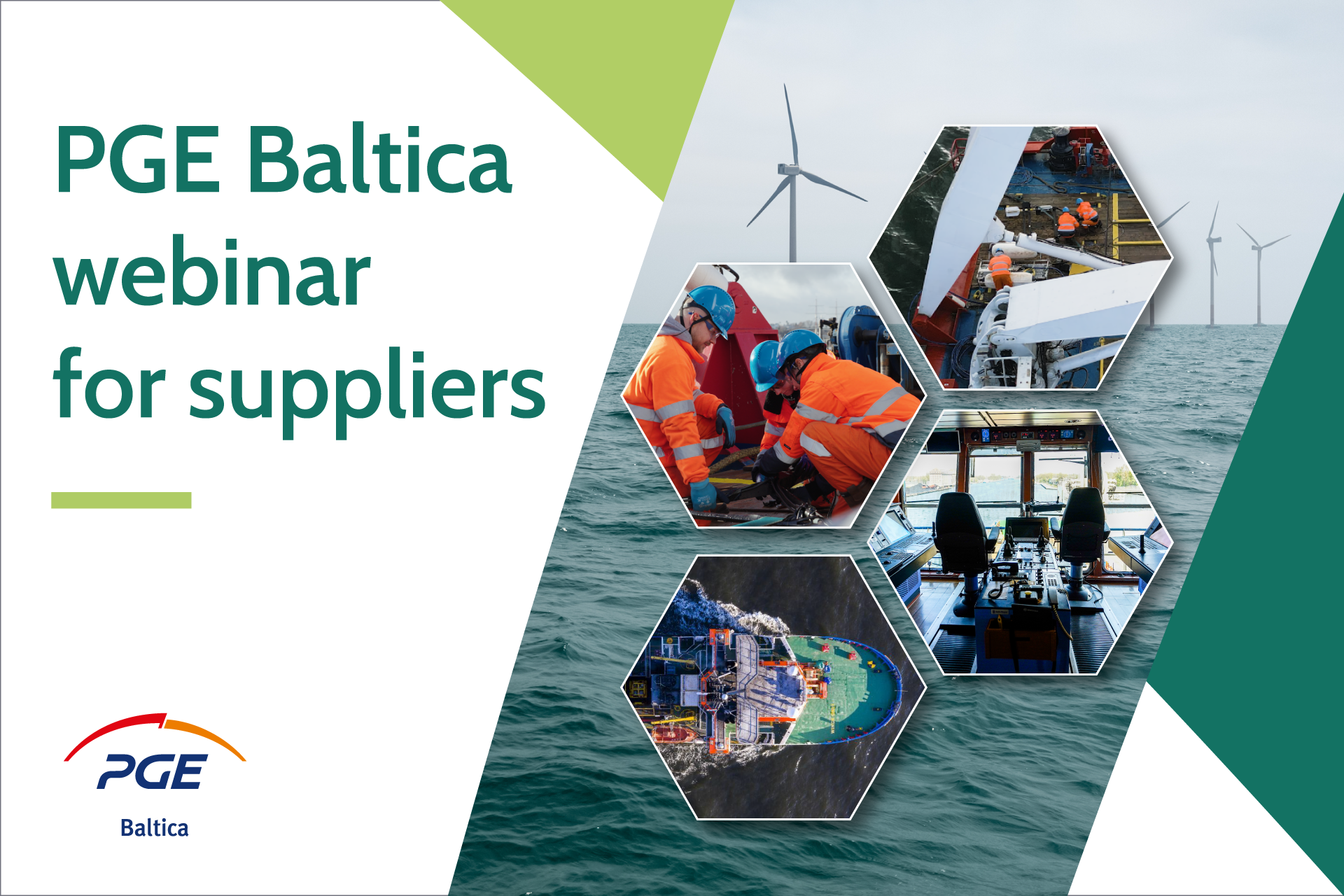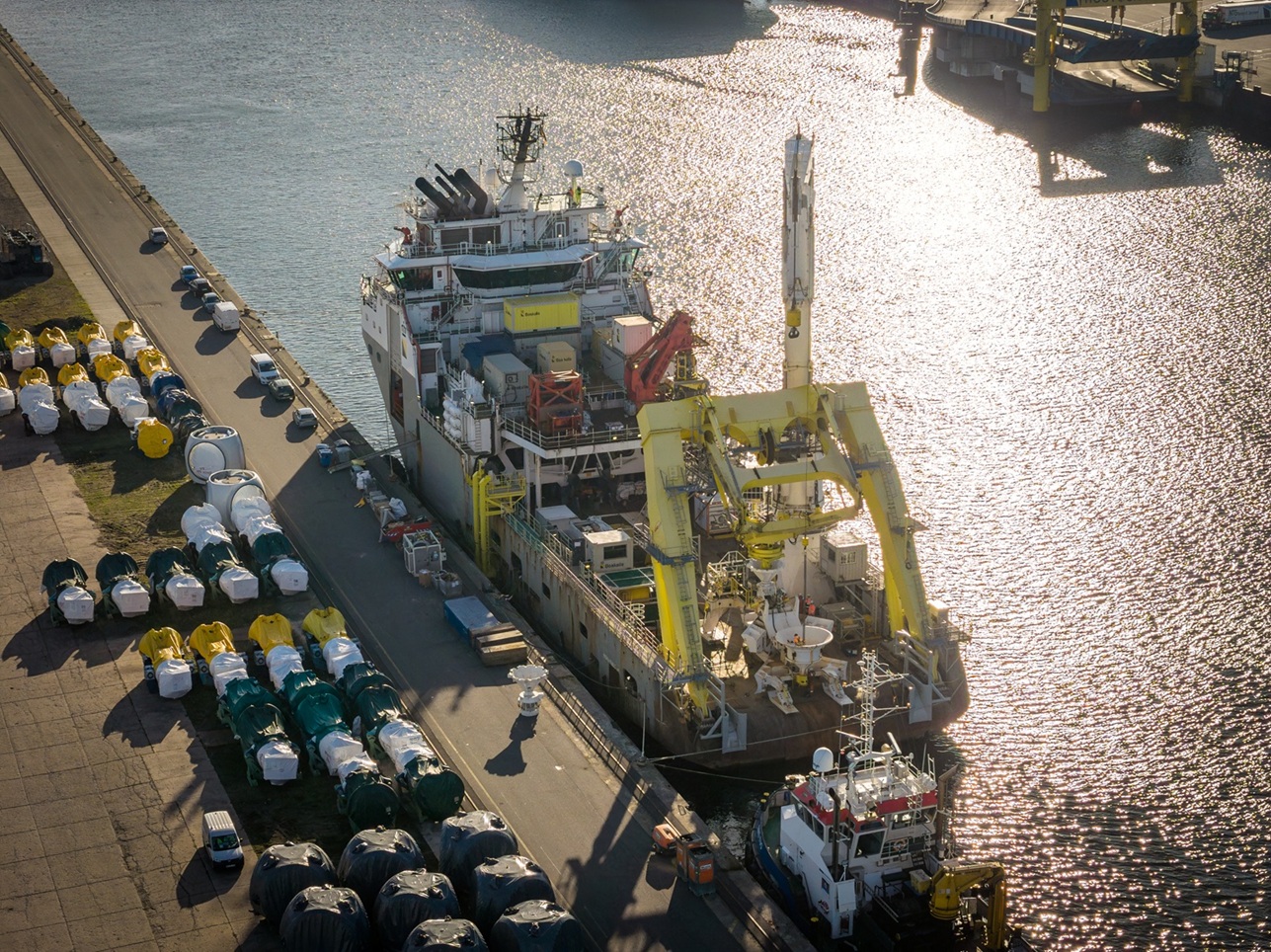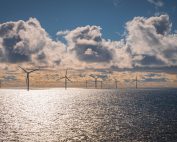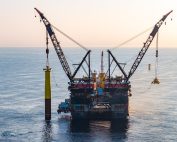The government of Estonia has approved its European Union policy priorities for 2023-2025, with a strong emphasis on renewable energy and sustainable development. In the face of geopolitical challenges, Estonia aims to bolster its visibility and influence within the EU through innovative approaches and garnering support from other Member States.
Key among Estonia’s priorities is the integration of candidate countries’ economies into the EU’s single market. The government seeks to eliminate “grey zones” in Europe and promote step-by-step economic integration to ensure a stable and secure continent.
Energy security and the transition to renewable energy sources are top concerns for Estonia. The country plans to invest in synchronizing its Baltic electricity networks with Central Europe’s frequency area and expanding offshore wind energy projects. By prioritizing renewable energy, Estonia aims to reduce reliance on fossil fuels, combat climate change, and contribute to the EU’s green goals.
Estonia also advocates for a free market economy at the core of the green and digital transitions. It aims to eliminate state-aid exceptions and reduce administrative burdens to foster efficient operation within the internal market.
Transparency and inclusivity in the EU decision-making process are critical for Estonia. The government seeks wider participation of stakeholders and a limited transposition of legal acts into national legislation only when agreed upon collectively.
Estonia will leverage EU funds to invest in projects that benefit the entire union, such as cross-border infrastructure development, reinforcement of external borders, and the advancement of public digital services.
Through its policy priorities, Estonia aims to play a leading role in shaping the EU’s future, promoting renewable energy, and creating a resilient and sustainable Europe. By working collaboratively and pursuing forward-thinking strategies, Estonia aspires to build a greener and more prosperous European Union.



